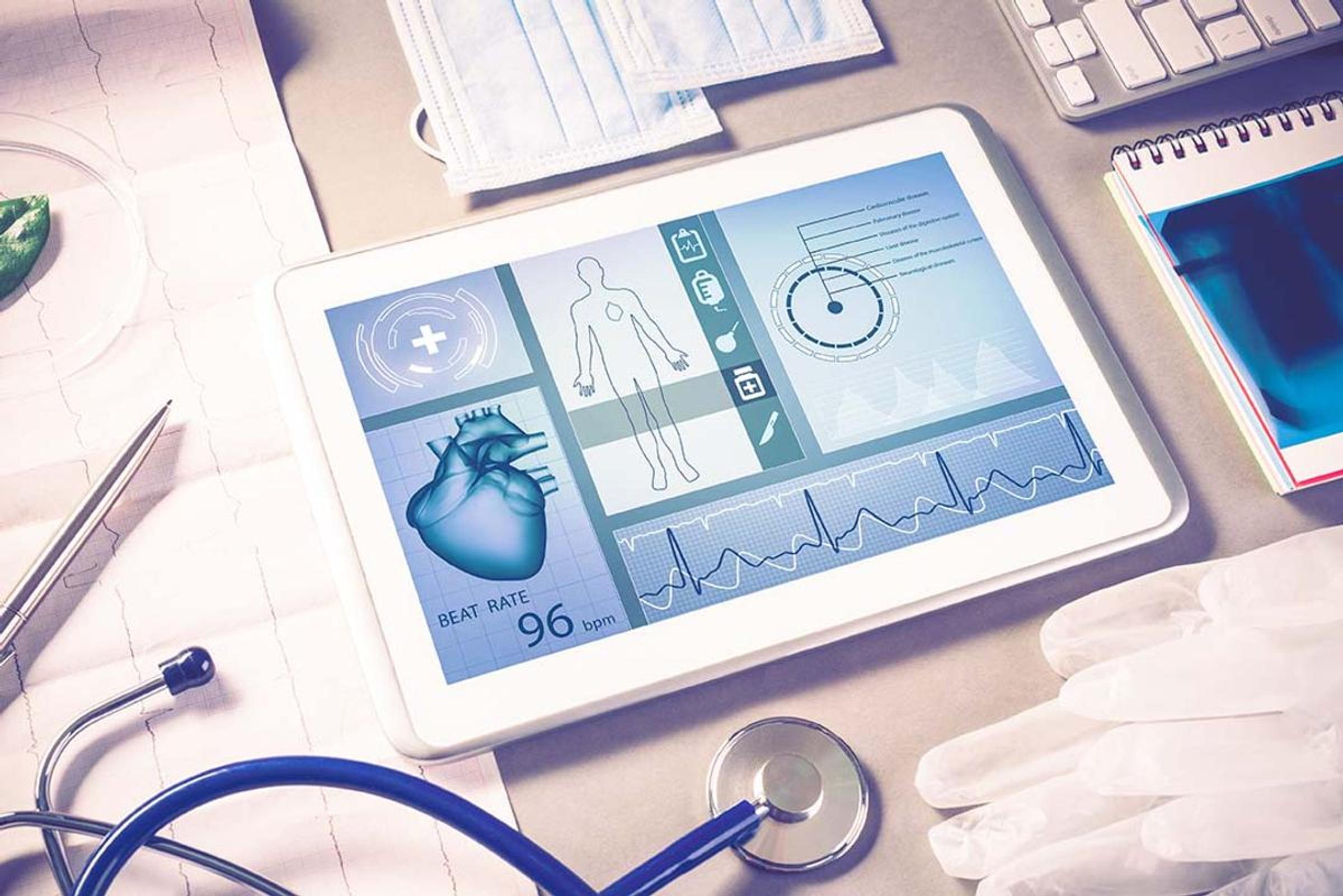Health

Let’s talk about period cramps
Painful period cramps also known as dysmenorrhea, can happen at the worst times, such as when you need to make it through a day of school or trying to get a good night's sleep. Many people who menstruate get mild cramps (uterine contractions) during menstruation due to the natural hormone prostaglandin.
While some pain or discomfort with your period is normal, severe or debilitating pain or pain that interferes with your life or daily activities is not normal.
The intensity and timing of period cramps vary from person to person, as does finding the right combination of remedies for relief. Herbs, minerals, exercise, and certain foods can help ease cramps.
Extreme Period Cramps
If at-home management isn't relieving severe debilitating cramps, or if you're also experiencing vomiting, dizziness, stabbing, excessive bleeding during your period or if the pain doesn’t go away after a couple of days and is making life difficult to function, check in with a healthcare provider right away.
Here are some ways to manage period cramps
- Use a heat patch or heat pack on your abdomen and lower back
- Massage your tummy with essential oils (lavender, sage, rose, marjoram, cinnamon or clove) Ensure that you blend oil with a carrier oil such as coconut or jojoba.
- Take pain relievers like Paracetamol or ibuprofen and take early before pain becomes too uncomfortable
- Exercise regularly (low to medium intensity)
- Soak in a warm bath
- Try yoga stretches
- Get sufficient rest and sleep
- Avoid caffeine and salty foods and foods that reduce inflammation may help such as berries, fatty fish, avocado and extra virgin olive oil.
- Consider taking supplements. Calcium, Vitamin B12 and fish oil, Vitamins B6, B1 and D have been linked to reduced period cramps)
- Stay hydrated because if you are dehydrated, abdominal cramps might feel more painful.
You don’t have to simply accept painful periods because there are treatments for your pain. If home remedies and lifestyle changes are not enough to mitigate your menstrual pain, talk to your doctor. They can help.
Judy Buckley
College Nurse
